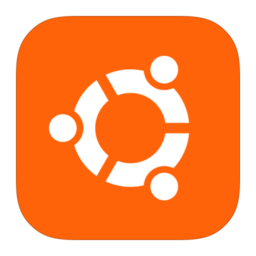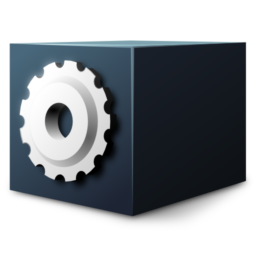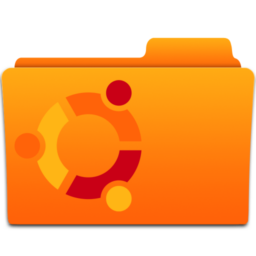-

How to Install TriTan CMS with Apache on Ubuntu Linux
TriTan is an open-source, lightweight Content Management System (CMS) and framework that doesn’t require a database and provides native markdown support. This flat-file CMS is easy to set up, manage, and expand. It requires an Apache2 HTTP server. Additionally, it is compatible with PHP 7.2, which must be installed and configured. The TriTan CMS installation,…
-

How to Install Rubedo CMS on Ubuntu with Apache
Rubedo is an open-source PHP CMS and eCommerce platform founded on Zend Framework, MongoDB, Elasticsearch, and AngularJS. It offers an attractive solution for those seeking a scalable, high performance system to manage digital content. The platform is designed for collaboration and automation of engaging user experiences across multiple devices. The post offers a detailed guide…
-

How to Setup Parvula CMS with Nginx on Ubuntu Linux
Parvula is an open-source flat-file CMS that needs no database as all data is stored file-based. It is extensible with features like native markdown WYSIWYG support, SEO friendliness, and a flexible CSS framework without installation. Parvula is PHP-based and needs a web server like Nginx. This piece offers a step-by-step guide to installing Parvula on…
-

Setting Up REDAXO CMS on Ubuntu with Nginx
REDAXO is an open-source content management system (CMS) that offers flexibility and high-level performance for creating dynamic websites, such as multilingual sites, extranets, and e-commerce portals. It is scalable, easy-to-use, and facilitates user engagement across multiple devices. The installation of REDAXO involves setting up servers, creating a REDAXO database, downloading REDAXO’s latest release, configuring Nginx,…
-

How to Install Parvula CMS on Ubuntu
Parvula is an open-source flat-file content management system (CMS) that doesn’t require a database. It allows quick creation of personal or business websites by uploading content to a web server. Unique features include native markdown WYSIWYG support, SEO friendliness, and no installation requirement. This guide explains how to install Parvula on Ubuntu, including preparing the…
-

How to Install REDAXO Apache on Ubuntu Linux
REDAXO is an open-source Content Management System (CMS) suitable for creating dynamic websites, online databases, e-commerce platforms, and multilingual sites. Featuring enterprise-level features, the CMS is designed for easy use and facilitates user engagement across multiple devices. The platform requires the installation of Apache2 HTTP Server, MariaDB Database Server, and PHP 7.2, followed by specific…
-

How to set up OXID CMS with Nginx on Ubuntu Linux
OXID eShop is an open-source eCommerce platform designed for creating multilingual eCommerce portals. It supports open standards, facilitating the management of online stores. It requires the installation of a web server, the Nginx HTTP server, and a database server, MariaDB, both popular open-source selections. Further requirements involve the installation of PHP 7.2-FPM, OXID eShop Database,…
-

How to Setup Zikula CMS with Nginx on Ubuntu Linux
Zikula is an open-source content application framework that helps create secure extranets, online databases, e-commerce, and multilingual sites. The platform is user-friendly and comes with numerous features. It’s popular for web admins seeking scalable, high-performing CMS with enterprise-class features. Installation requires setting up an Nginx HTTP server, a MariaDB database server, and PHP 7.2-FPM. Subsequent…
-

Setup BoltWire CMS on Nginx for Ubuntu
BoltWire CMS is an open-source, databaseless content management system with features such as native markdown WYSIWYG support and a flexible CSS framework. The system allows rapid website deployment on simple servers. To install, one needs to install Nginx HTTP Server and PHP 7.2-FPM. After configuring the Nginx server for BoltWire, enabling it, and securing the…
-

How to Install OXID eShop with Apache on Ubuntu Linux
The content is a step-by-step tutorial on installing OXID eShop CMS on Ubuntu 16.04/18.04/18.10. OXID eShop CMS, a powerful open-source E-commerce platform, enables efficient handling of online stores with multilingual support. The guide outlines installation procedures for Apache2 HTTP Server, MariaDB Database, PHP 7.2, and the necessary modules to ensure a fully functional OXID eShop…
